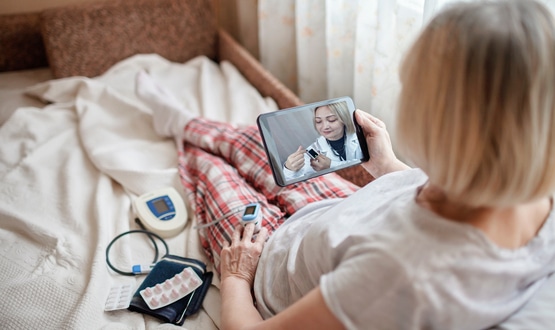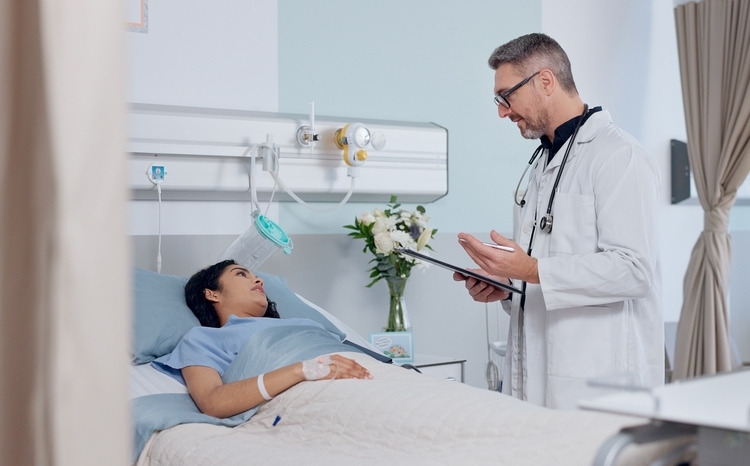RAND Europe and Oxford Uni to evaluate remote monitoring tech
- 13 November 2023

RAND Europe and Oxford University’s Nuffield Department of Primary Care Health Sciences have launched the DECIDE initiative to rapidly evaluate tech-enabled remote monitoring solutions to help transform healthcare.
The Digitally Enabled Care in Diverse Environments (DECIDE) initiative will address the quality of tech, as well as equitable access to new innovations to ensure that diverse groups of people are considered when evaluating the technology.
DECIDE will work in partnership with evidence users, such as NHS England. It will quickly respond to priority areas for evaluation, and generate and disseminate evidence that will support informed decision-making about the development and adoption of tech-enabled remote monitoring interventions and services.
The RAND Europe/Oxford University initiative will help to tackle the lack of understanding around the effectiveness and implementation of remote monitoring technology. With many of those who could benefit from the intervention being elderly and less able to access technology, it will also explore equitable access to ensure it is available for anyone who needs it.
The potential of remote monitoring
Sara Shaw, director of DECIDE and professor of health policy and practice in the Nuffield Department of Primary Care Health Sciences, University of Oxford, said: “Our aim is to harness the potential of technology in ways that support good health and social care for people. By swiftly evaluating and understanding the impact of technology-enabled remote monitoring, and bearing in mind that not everyone can or wants to use technology, we can ensure that people who use health and social care services can receive high-quality, personalised care that supports their needs and preferences.”
Over a three-year period, DECIDE will carry out multiple evaluations of remote monitoring technologies. By doing so it hopes to identify the approaches that are most effective, and for who and under what circumstances. This will allow it to inform policymakers, practitioners and service users on the best design for remote monitoring services and how to deliver them.
The use of remote monitoring technology has recently been proven to significantly reduce the number of unplanned hospital admissions. The independent study from the University of Sheffield, Durham University, University of Lancaster and Newcastle University linked care home data to NHS records in order to reach its conclusion.
Dr Sonja Marjanovic, DECIDE lead and director of healthcare innovation, industry and policy, RAND Europe, said: “We hope that our multidisciplinary expertise in innovation, health and social care services research and evaluation will provide incisive and timely evidence and insights on implementation and success criteria in this space, with inequalities being integral to all evaluation efforts.
“As DECIDE begins its journey, it promises to support wider efforts to help transform healthcare delivery, enhance patient outcomes, and contribute to the broader advancement of health and care services.”
DECIDE is funded by a £2 million award from the National Institute for Health and Care Research (NIHR).





